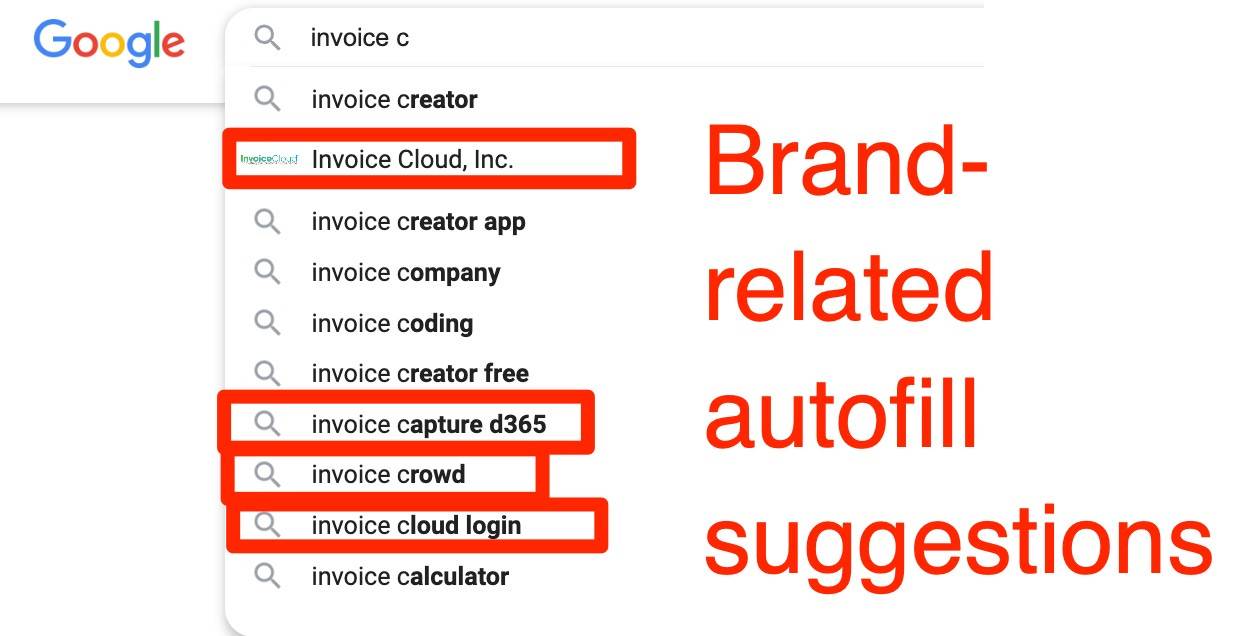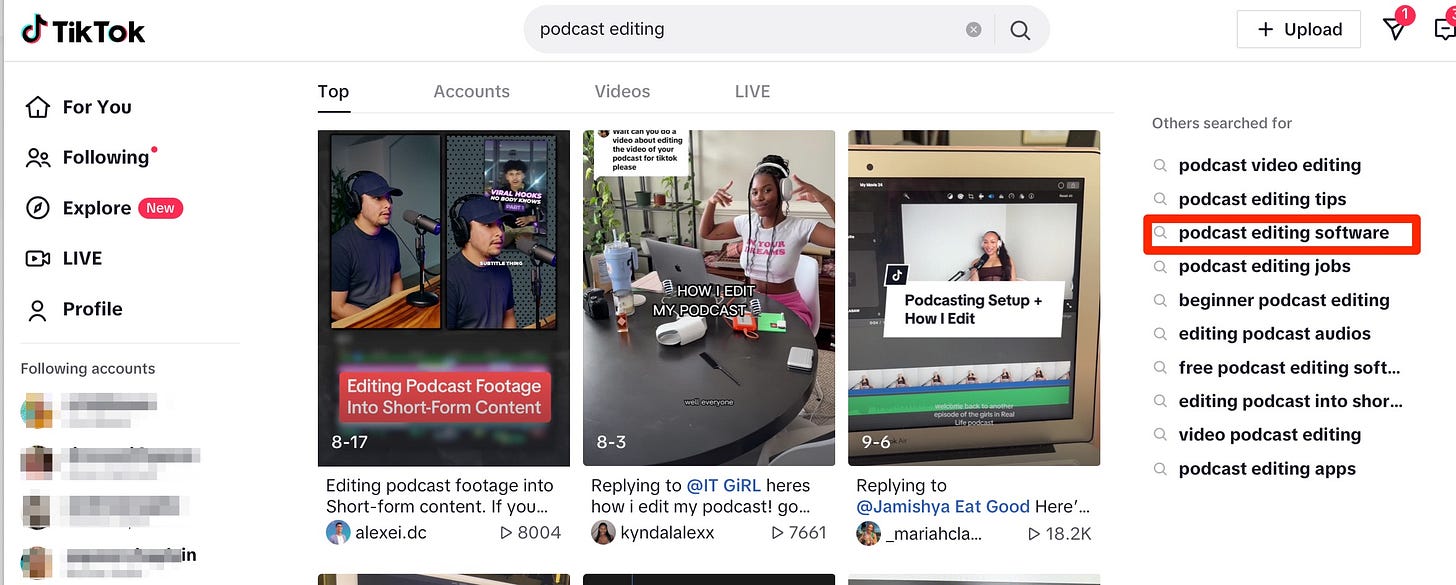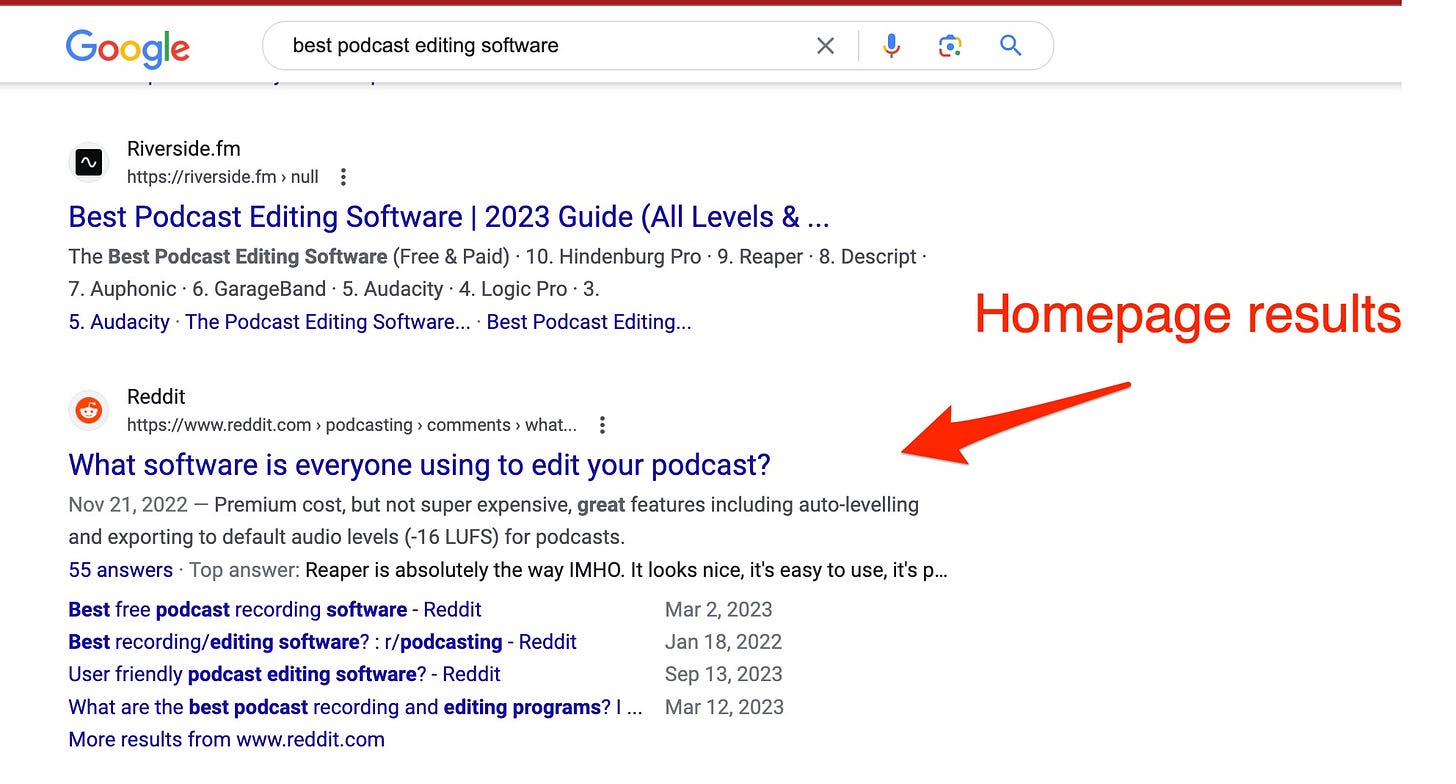Listen on Spotify or Apple Podcasts.
Gone are the days when a good SEO strategy amounted to keyword-optimized blog posts and technical optimization to make your website load faster. Search optimization is getting much more complicated and competitive.
I spoke to two SEO experts, Greg Heilers and Paul Andre - aka Dre - De Vera, about how SEO is changing and what content marketers need to consider when building out a comprehensive SEO strategy. Yes, we talked about the impact of AI, but that’s not the only change you need to stay on top of.
SEO is moving to be more multimedia and experiential-oriented. For instance, Google search results pages are pulling in more and more video content, map data, and more. And a comprehensive SEO strategy doesn’t stop at Google. (And I don’t mean including Bing). Your SEO strategy needs to consider everywhere your prospects are searching for products or services like yours or your clients.
What follows is a highlight of some of the components you should consider in an expansive SEO strategy.
The Experts
Greg Heilers is a Co-Founder of Jolly SEO, where the team creates future-proof, Google-safe, white hat backlinks & media mentions for clientele. In podcasts, articles, and courses, Greg enjoys sharing the knowledge he and his team have built through 5 years training hundreds of writers to send 150,000+ pitches & earn 15,000+ high authority wins. Connect on LinkedIn.
Paul Andre de Vera is a 15+ year B2B digital marketer who creates engaging, educational, and entertaining video content that ranks. His innovative approach has made “Dre” a sought-after speaker, online educator, and brand strategist for professionals and companies. Nowadays, you’ll find “Dre” speaking on podcasts/webinars, looking for the next great place to devour a delicious rib-eye steak, and occasionally sipping a glass of whiskey. All while providing SEO consulting at PaulAndre.com, hosting the livestream SEO Video Show, and producing the SEO Knowledge Bombs podcast. Connect on LinkedIn.
1. SEO and PR Strategies Are Merging Together
Recently I was conducting an initial content audit for an enterprise software company. There were tons of opportunities to expand their organic reach, but these opportunities weren’t straightforward. I mean, it wasn’t just as simple as finding relevant keywords and writing blog posts to target them.
To give you an example, say you’re putting together an SEO strategy for a supply chain management software company.
One of the most relevant searches you’d want to show up under would be “supply chain management software.” But writing a post about “supply chain management software” isn’t going to do you a bit of good, because it’s not going to match the search intent. So what’s your strategy?
It’s all about your PR efforts.
Those top-ranking organic results? They’re list posts from sites with high domain scores like Forbes, Capterra, and Shopify. So part of your SEO strategy needs to be getting added to these lists.
This is part of why Dre considers PR to be one of the three pillars of SEO, along with content and technical. Especially when it comes to branded search, Dre explains, you’ll be working with his PR team. “They will get you the brand mentions. They will go out to get you picked up on the high authority websites, like Forbes and the Wall Street Journal.”
Another key aspect of the search results page that’s relatively new are logos of top-ranking companies.
Getting listed there is like VIP status. This is where brand strategy really mixes with SEO.
How does Google come up with this list? Most likely it’s a mix of what companies are mentioned the most around the web related to supply chain management software, meaning what you publish on your own site isn’t going to cut it. You need to get more people talking about your company.
And this isn’t the only way in which brand SEO efforts are changing.
Your Brand Search Strategy Needs to Include Key Products, As Well
Greg has seen brand searches becoming a more and more important part of SEO, and brand searches are expanding to more than just a company name or its competitors.
“As marketers, a lot of the content you write is around campaigns supporting some of these core products,” he explained, “so you're in a great position to drive SEO success if is true that branded search is becoming increasingly relevant and can include the products, as well.
Dre added, “If you can attach your name to a generic keyword, you just develop that brand authority, like an authority within that space.”
Your SEO Strategy Needs to Be Multimedia-Minded
People like to think SEO is search engine optimization,” Dre explained. “I feel like it's becoming more like a search experience optimization because the experience on search is changing big time. Like I mentioned earlier, there's videos, there's going to be maps. There's carousels of news stories. There's TikTok carousels, Twitter carousels: all these different types of things that you have to optimize for. So you're not necessarily optimizing for those ten links anymore. You're actually optimizing for the search experience on Google.”
Case in point: did you know people are now searching for software on TikTok? Especially if you’re marketing a B2C brand, you need to be considering SEO for up-and-coming social platforms.
Don’t Discount Crowd-Sourced Platforms
Here’s Greg: “You know something is happening when haters emerge, and if you go to any SEO group, you will see a ton of frustration that Reddit and Quora answers are ranking above the pages that used to rank.”
This still isn’t a beginner’s level SEO play, especially because sites like Reddit are notorious for blocking sponsored posts or comments. But if you’re serious about being in control of your company’s brand presence, you can’t afford to ignore crowdsourcing site’s influence.
















Share this post